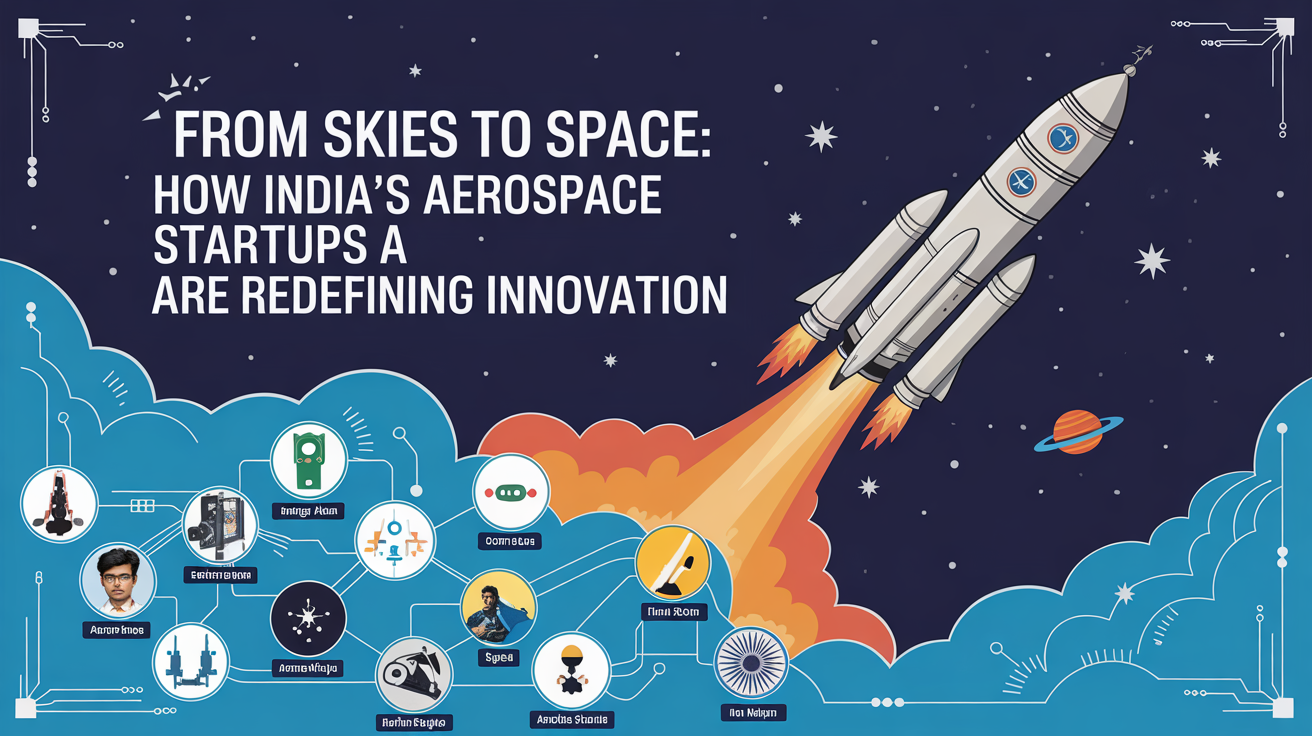AI has come to be considered another viable technology in drug development. Consequently, AI-Powered Drug is seen as disrupting scientific innovation and accelerating traditional medicine through speed, efficiency, and cost-effectiveness. AI is causing a revolution in medical research, and India is one of the major players in this change. India is adopting AI to hasten drug discovery, lessen the burden of disease, and position itself as a magnificent player in next-generation medical research.
The Traditional Drug Discovery Dilemma
Before going into the details of what AI can accomplish, it is worthwhile to talk about these major challenges facing traditional drug discovery:
- Great Expense: One estimate pegs the cost of developing a new drug at between $1 billion and $2.6 billion.
- Time-Consuming: Drug research takes 10-15 years from the moment a compound is discovered to the moment it is finally approved.
- High Attrition Offers Only Low Chances of Getting Approved: More than 90% of all drug candidates registered for clinical trials are rejected.
- The Biology Behind Drug Discovery and Development Is in a Grey Area: Understanding disease mechanisms and predicting how a compound will behave with the human system is incredibly complex.
These challenges also put drug development far out of reach for most low- and middle-income countries, including India. However, AI is converting them into opportunities.
Also Read: Manufacturing Business Opportunities in Disposable Medical Products Used in Hospitals Industry
What is AI-powered drug Discovery?
AI-powered drug discovery means the application of artificial intelligence and machine learning algorithms for:
Predicting the behaviour of molecules in the body
Identifying optimal drug candidates
Aiding in clinical trial optimization
Repurposing existing drugs to treat new diseases
Mining biological and chemical datasets
Using AI, one can simulate thousands of experiments in a matter of minutes, find associations or relationships between complicated variables that humans may not be able to discern or be too lumbering to identify, and shrink the discovery cycle from years to months.
Why India is a Natural Fit for AI in Medical Research
India presents many advantages that make it a suitable environment for AI-driven drug discovery:
1. Large Pool of Scientific Talent
India produces thousands of talented scientists, engineers, and data analysts annually. The country’s immense IT and biotech sectors provide, among other areas, the requisite expertise for AI integration into medical research.
2. Large and Diverse Patient Populations
India’s diversity offers a large genetic and clinical data pool. This diversity helps train AI models that can predict how different populations will respond to specific treatments.
3. Evolving Startup Ecosystem
Startups operating out of Bengaluru, Hyderabad, and Pune use AI to create drug candidates, optimize trials, and study genomics. AIncept, Qure.ai, TCS’s Drug Discovery Platform, and Elucidata are companies gaining international recognition.
How AI is Transforming Drug Discovery in India
Let us delve into the major ways through which AI is transforming drug discovery in India-
1. Identifying New Drug Candidates
AI models are trained on the databases of known drugs, proteins, and chemical interactions. In India, research labs and startups are using AI to:
- Discover new molecular structures
- Predict the binding affinity to disease-causing proteins
- Analyse various gene expression patterns
TCS’s AI platform can, for instance, perform screening of millions of compounds in days, which augurs well for time and cost in early-stage research.
2. Accelerating Clinical Trials
The most expensive and time-consuming aspect of drug development is the clinical trials. AI intervenes in:
- Selecting ideal patient cohorts
- Predicting adverse reactions
- Patient data monitored in real-time
AIIMS and IIIT-Hyderabad have come together to develop AI-based platforms that optimize patient recruitment and improve clinical trial outcomes with special focus on oncology and rare diseases.
3. Drug Repurposing
Drug repurposing-the use of existing drugs for new conditions-is one of the areas of immense promise for AI application in India. The advantages of this are:
Time saving
Cost and risk are low
Immediate answers for newly emerging diseases are provided.
During the COVID-19 outbreak, Indian scientists applied AI methods to screen therapeutics to suggest common drugs with possible antiviral properties to guide emergency responses.
4. Genomics and Personalized Medicine
The genomic data emerging from India is all set to turn out to be a treasure trove for the AI-based models. Projects like the GenomeIndia initiative seek to sequence genomes of over 10,000 Indians.
AI can:
- Correlate genetic profiles and possible drug responses
- Formulate precision medicines according to Indian sub-populations
- Establish relationships between genetic factors and diseases like diabetes, cancer, and tuberculosis
Startups: Strand Life Sciences and Mapmygenome are utilizing AI to enable quicker market entry of personalized health solutions.
Read Similar Blogs: Indian Medical Devices Industry
Final Thoughts
AI is not merely a tool; it is a change maker in medicine. In a country like India, which faces set challenges and has its own strengths, AI-drug discovery represents a rare opportunity to leapfrog decades of conventional R&D. AI is transforming the Indian pharmaceutical sector as startups, researchers, and policymakers.
Also Read our Blogs: Empowering Indian Enterprises: The New MSME Definition Explained (2025)









